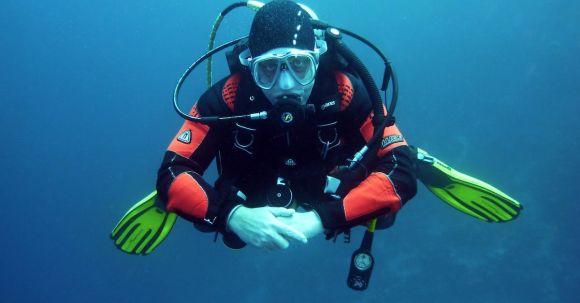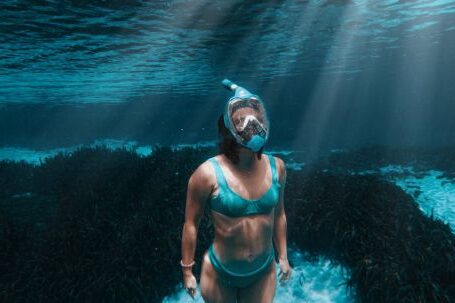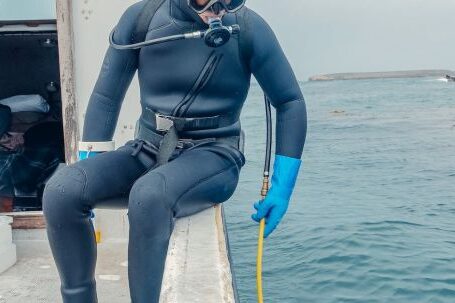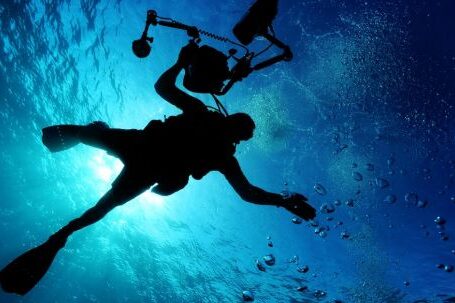Exploring the underwater world is a thrilling adventure that many scuba divers enjoy. For experienced divers looking to take their skills to the next level, there are a variety of advanced diving techniques to master. These techniques not only enhance your diving experience but also ensure your safety in challenging underwater conditions. In this article, we will delve into some of the most valuable advanced diving techniques for experienced divers.
Perfecting Buoyancy Control
Mastering buoyancy control is one of the key skills for any diver, but it becomes even more crucial for advanced divers. The ability to maintain neutral buoyancy allows divers to effortlessly navigate through the water without disturbing the delicate marine life. Advanced divers should aim for a near-weightless experience, where they can hover in the water column without sinking or floating to the surface. This requires fine-tuning their breathing control, adjusting their weights, and practicing slow, controlled movements.
Advanced Navigation Techniques
Navigating underwater can be challenging, especially in unfamiliar dive sites or low visibility conditions. Advanced divers must develop their navigation skills to ensure they can confidently explore new areas without getting lost. Techniques such as natural navigation, using underwater landmarks, and employing compass navigation are essential for successful underwater exploration. By honing these skills, experienced divers can confidently navigate complex dive sites and effectively communicate their position to their dive buddies.
Deep Diving Techniques
For those looking to explore the depths of the ocean, deep diving techniques are a must. Advanced divers must be aware of the potential risks associated with deep diving, including nitrogen narcosis and decompression sickness. They should undergo proper training and acquire the necessary equipment, such as specialized deep diving computers and redundant gas supplies. Additionally, advanced divers should master techniques like proper gas management, slow ascent rates, and controlling their buoyancy at greater depths.
Wreck Diving Skills
Wreck diving opens up a whole new world of underwater exploration, but it requires specialized skills and knowledge. Advanced divers interested in wreck diving should undergo proper training to understand the potential hazards and techniques involved. They should learn how to navigate within the wreck, penetrate safely, and manage potential entanglement risks. By acquiring these skills, experienced divers can explore sunken ships and other artificial reefs while minimizing the impact on the delicate marine ecosystem.
Night Diving Expertise
Night diving offers a unique and captivating experience, but it requires additional skills and precautions. Advanced divers must familiarize themselves with the challenges of limited visibility and the potential for disorientation. They should learn how to navigate using underwater lights, communicate effectively with their dive buddies, and be aware of nocturnal marine life behavior. Night diving can be an exhilarating adventure for experienced divers, but it requires proper training and preparation.
Conclusion: Expanding Your Diving Horizons
As an experienced diver, mastering advanced diving techniques allows you to expand your diving horizons and take your underwater exploration to new depths. Perfecting buoyancy control, honing navigation skills, and acquiring specialized knowledge in deep diving, wreck diving, and night diving will enhance your diving experience and ensure your safety. By investing time and effort into mastering these techniques, you will unlock a whole new world of underwater adventures. So, gear up, dive in, and enjoy the incredible wonders that await you beneath the surface.





